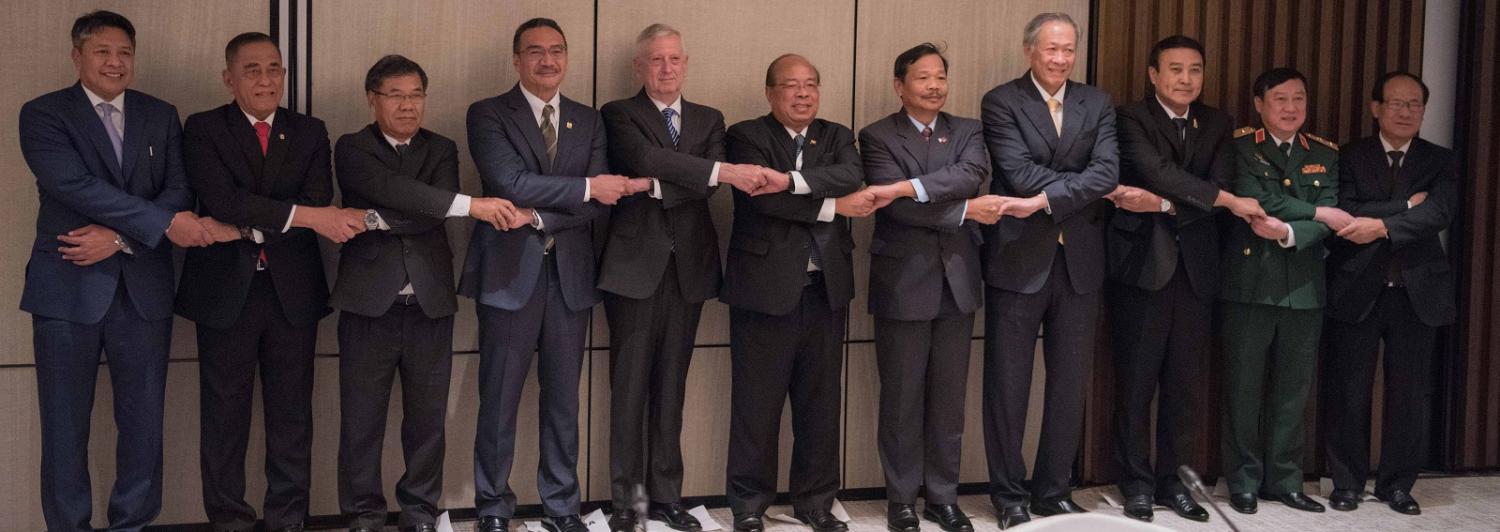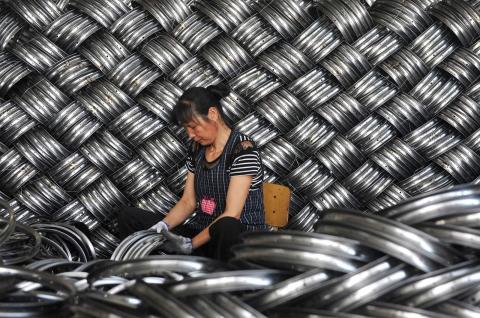As most readers of The Interpreter already know, last weekend the International Institute for Strategic Studies (IISS) hosted the 16th Shangri-La Dialogue in Singapore (SLD17). Australian Prime Minister Malcolm Turnbull provided the keynote speech. US Defence Secretary Mattis gave a much-anticipated address. Both focused strongly on China and the rules-based international order, as did many other speakers at the event. The consensus among the US and its allies was that China continues to pose a threat to the system that maintains and protects peace and security in the Asian region.
The event received plenty of media coverage across the globe. In China most of the coverage was in the country's English-language media that aims to influence international debate. These outlets presented the descriptions of China at Shangri La 17 as holier-than-thou finger pointing that was inaccurate and irresponsible. While Chinese-language media mostly ignored the event, Huanqiu, the Chinese-language Global Times, ran a piece with a headline that translates rather poetically as, 'Australia’s PM compensates his broken heart by lecturing China', in an apparent reference to that phone call. The article says Turnbull delivered a 'pessimistic' view of China and claims he is so intoxicated by the US-Australia alliance that he feels obliged to criticise China to pander to Australia's powerful friend.
In China's English-language media, the message sent to the outside world was that any threats to the security of the region stemmed not from China, but from existing powers and their allies who were unable to respond positively to China’s rise. In a Xinhuanet article titled 'China rejects US Japanese officials' remarks on South China Sea, Taiwan', the author refers to remarks made by US Defense Secretary Mattis and Japanese Defence Minister Tomomi on Taiwan and the South China Sea as 'irresponsible'. The article quotes a government spokesperson Hua Chunying who used the familiar tropes of history and sovereignty to explain why the US and Japanese statements were inaccurate. She called on the US to stop selling arms to Taiwan, and for 'relevant countries' to immediately halt the deployment of the THAAD missile defence system. This article also appears in Chinese (in the US channel).
The Global Times, not known for its calm objectivity, noted (in English, for a Western audience) the need for 'a balanced dialogue' at Shangri La. The tone and language in this article perhaps provide the clearest indication of China’s position, as opposed to pieces in which government spokespersons simply repeat set lines. The perspective underpinning the Global Times article is that China believes it is being deliberately misrepresented and victimised by an ‘arrogant’ US and its allies, with such misrepresentations designed to stifle and contain China's growing international presence. It implies that the US has no relevant role in managing regional disputes, such as in the South China Sea, and that it is 'involvement by outside powers' that poses the real threat to security.
As these articles indicate, in many ways China’s views of the challenges facing the region and China’s role run counter to those held in Australia, the US and other nations. We should be careful not to dismiss the views reflected in the Chinese media as empty rhetoric or propaganda raining down from an authoritarian state. Many - perhaps even most - Chinese people, even those who are living, studying and working elsewhere strongly agree with these perspectives. They believe China’s rise is natural and unthreatening, and feel very frustrated their country is being 'picked on', again.
Thanks to Zixin Wang, an intern with the Lowy Institute's East Asia Program, for research assistance with this post.

